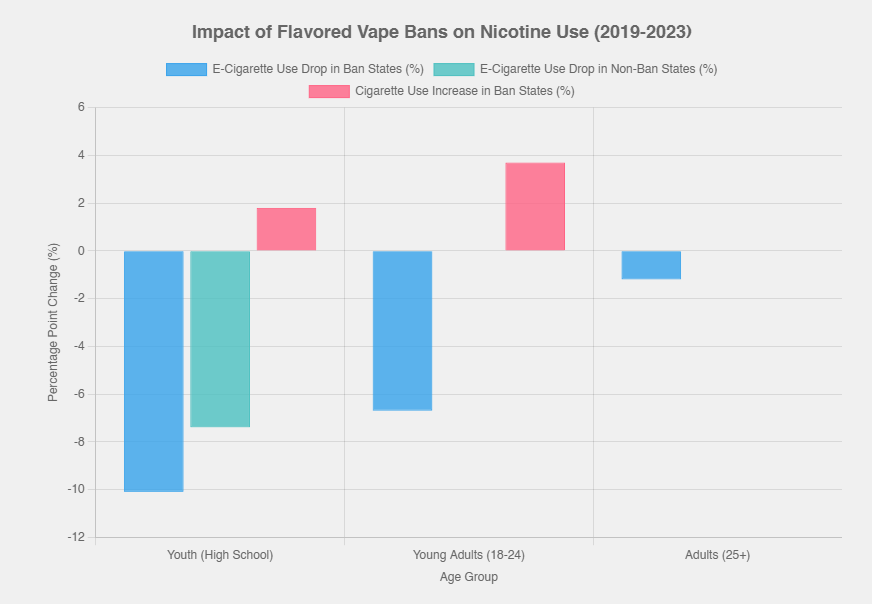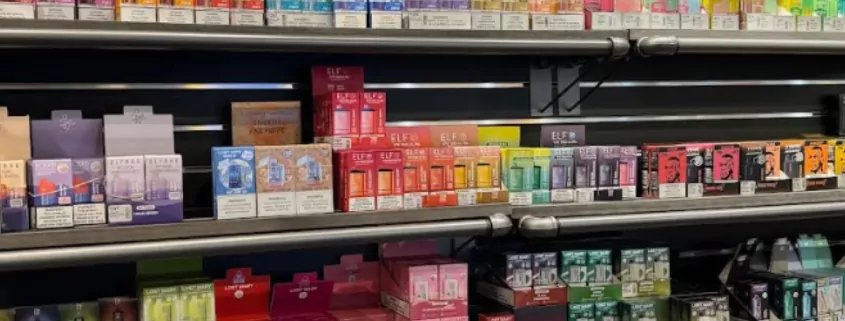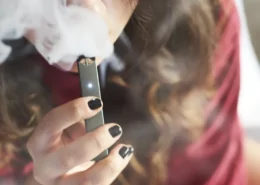Study Finds Flavored Vape Bans Cut Vaping But May Slow Smoking Decline
State-level bans on flavored e-cigarettes are effective at lowering vaping rates among young people and adults, but they may also have an unintended consequence: slowing the decline of traditional cigarette smoking. This is the key finding of a new study published July 30th in JAMA Network Open, which analyzed national survey data from 2019 to 2023.
Researchers, led by Douglas Levy from Massachusetts General Hospital’s Tobacco Research & Treatment Center, examined the impact of flavored vape sales bans enacted in states like Massachusetts, New Jersey, New York, and Rhode Island, many of which took effect in 2020. They found that in states with these bans, e-cigarette use among young adults (ages 18-24) dropped by 6.7 percentage points by 2022 compared to states without such bans. A smaller but still significant drop was also seen in adults aged 25 and older.
However, the study also pointed to a downside. In states that enacted flavored vape bans, the ongoing decline in cigarette smoking slowed. By 2021, smoking rates among high school students were 1.8 percentage points higher than would have been expected without the ban, and cigarette use among young adults was 3.7 percentage points higher.

“Both e-cigarettes and combustible cigarettes are essentially a source of nicotine for people who may have nicotine dependencies,” said Levy. “We’re trying to solve the problem of youth vaping, but we need to carefully consider impacts on more harmful combustible cigarette use.”
The study, funded by the U.S. National Institute on Drug Abuse, noted that the effects of the bans varied. Vaping fell steeply in Massachusetts, likely due to stronger enforcement, while less pronounced effects were seen in states like Utah and Maryland, which had exemptions for menthol flavors or specialty shops.
- Cannabis and Vape Shop Workers Rank Happiest in Nation - July 31, 2025
- Richmond, VA, Restricts New Vape & Tobacco Shop Locations - July 31, 2025
- Study Finds Flavored Vape Bans Cut Vaping But May Slow Smoking Decline - July 31, 2025









